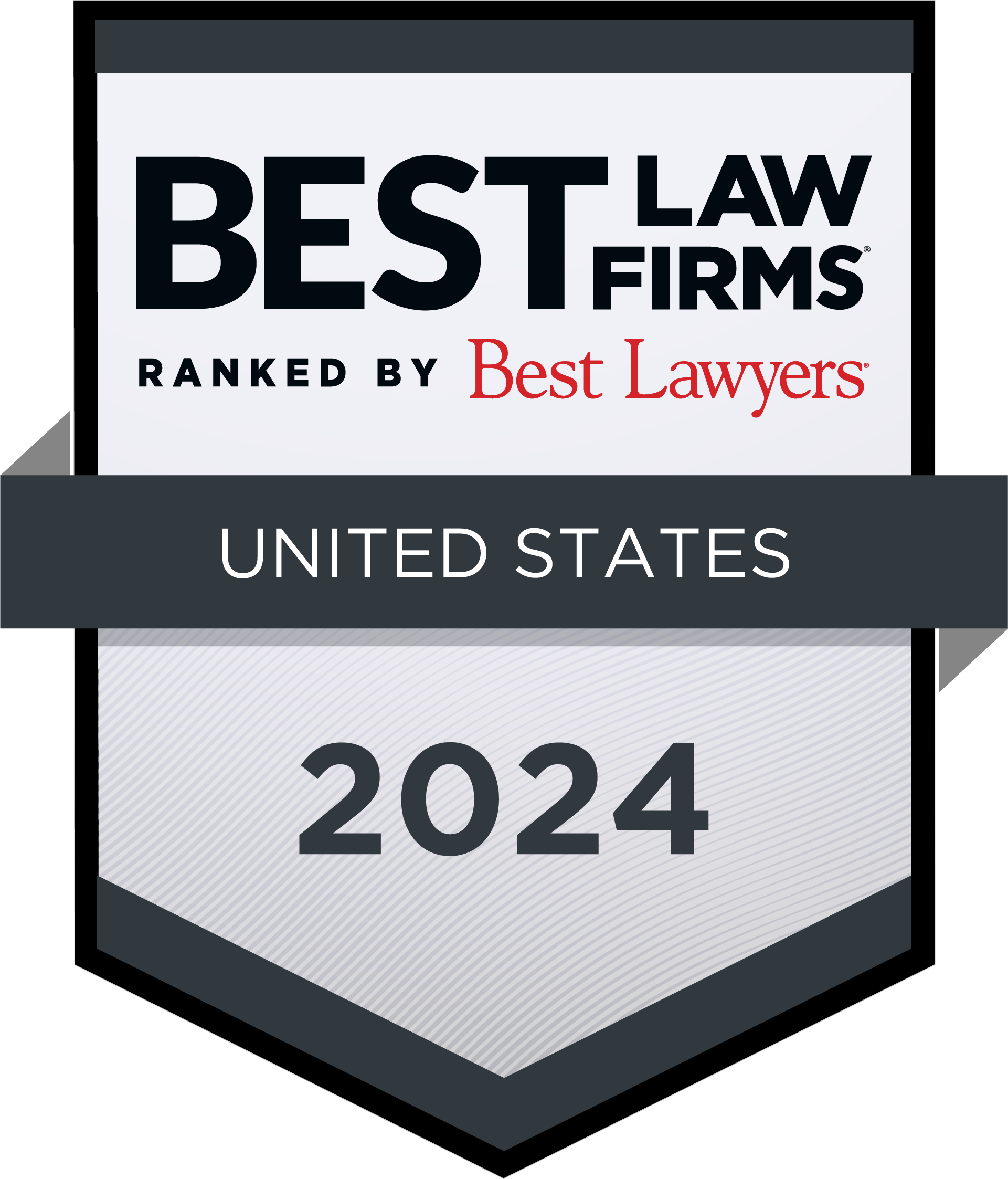by Joseph Brophy for the Maricopa Lawyer, a publication of the Maricopa County Bar Association
A recent case out of Massachusetts, Bassichis v. Flores, 2022 WL 2379417, 2022 Mass. LEXIS 297 (Mass. Jul. 10, 2022), highlights the breadth of the litigation privilege afforded to lawyers for statements made in connection with a judicial proceeding.
The plaintiffs in Bassichis were creditors of Husband who was married to Wife until their divorce in 2017. Lawyer represented Wife in the divorce proceedings. The crux of the complaint was that Lawyer orchestrated a fraud on the divorce court that resulted in all the marital assets being transferred to Wife (Lawyer’s client) through a collusive judgment of divorce that Husband’s creditors could not challenge.
Creditors of Husband sued Lawyer alleging that Lawyer made fraudulent and false statements to the court that Husband dissipated a significant amount of marital assets and failed to disclose Husband’s substantial contributions to the martial community, which in turn provided the basis for a judgment awarding all the remaining marital assets to Wife. The fraud on the court left Husband’s creditors without any assets to satisfy Husband’s debts. Indeed, Lawyer told the court that the parties did not want to resolve the divorce by settlement because the trustee in Husband’s bankruptcy could claw back money paid to Wife as part of a settlement agreement. So, the intent of Wife (and her Lawyer) to obtain Husband’s assets while avoiding Husband’s creditors was explicit. The fact that these two lovebirds could still work together to perpetrate a fraud on the court for Wife’s benefit makes me wonder if the divorce was not premature. They seem to make quite a team.
The creditors brought claims alleging that Lawyer actively participated in a fraudulent transfer and civil conspiracy. Lawyer asserted the litigation privilege, which precludes civil liability for a lawyer based upon communications made in connection with judicial proceedings. The plaintiff creditors argued that the privilege does not attach where the contested statements were made “for a purpose perverse to the search for truth,” and that, where the proceeding is a “collusive suffering of judgment by a debtor to effect a transfer of assets to his spouse” or otherwise related to “insider” fraud, it “is not the type of legal proceeding[] that would satisfy the requirement of being ‘sufficiently judicial in nature’ to allow the parties or their counsel to assert the litigation privilege.”
The trial court granted a motion to dismiss for failure to state a claim and the Supreme Judicial Court of Massachusetts affirmed. Although the typical litigation privilege case involves malicious, defamatory statements by a lawyer, the privilege’s rationale applies where a lawyer is accused of making fraudulent misrepresentations while representing a client. The court reasoned that if the protection of the litigation privilege was not in effect where a lawyer, at the client’s behest, knowingly misrepresented material facts during litigation, the fear of civil liability could limit the lawyer’s ability to function as a zealous advocate for his or her client.
The Massachusetts court also held that the privilege shields not just words, but also actions, or as the creditors put it, Lawyer’s “orchestration” of Wife’s scheme to defraud Husband’s creditors. Because the litigation privilege is based upon a public policy of securing to attorneys as officers of the court the utmost freedom in their efforts to secure justice for their clients, the court found there was no reason to distinguish between communications and conduct that occurs during the litigation process because “the acts of preparing and advancing a litigation strategy are as integral to the duties of a lawyer as is advocating in the court room.”
The Massachusetts court’s decision is consistent with Arizona’s case law on the litigation privilege. The Arizona privilege is broad enough to protect lawyers from liability for any tort that arises out of statements made in connection with litigation, including intentional interference with contract and false statements made to opposing counsel during the course of settlement agreements. The reasoning is the same in Arizona as it is in Massachusetts — vigorous representation of clients would be chilled considerably if lawyers feared being held liable for tortious conduct whenever their statements to litigation opponents could be characterized by those opponents as untrue.
The litigation privilege, however, is not a green light for lawyers to make false or malicious statements. The Massachusetts court noted, just as the courts in Arizona have, that a determination that a lawyer is immune from civil liability for making fraudulent misrepresentations about material aspects of a client’s case, or for engaging in misconduct, would not shield the lawyer from any applicable sanction for conduct contrary to the rules of professional responsibility, nor would it suggest to other lawyers that such behavior is acceptable. That said, the record in Bassichis does not indicate that the trial court, Supreme Judicial Court of Massachusetts, or anyone else referred Lawyer to the Massachusetts state bar for discipline.
###
About Joseph. A. Brophy
Joseph Brophy is a partner with Jennings Haug Keleher McLeod in Phoenix. His practice focuses on professional responsibility, lawyer discipline, and complex civil litigation. He can be reached at jab@jkwlawyers.com.
The original article appeared in the August 2022 issue of Maricopa Lawyer and can be viewed here:
https://jkwlawyers.com/wp-content/uploads/2022/08/220801-ML.pdf.




